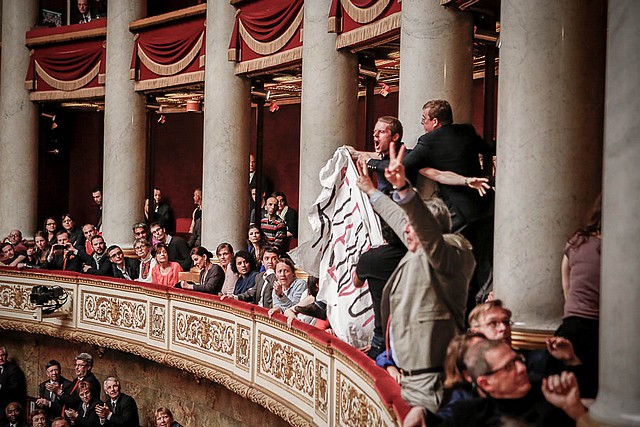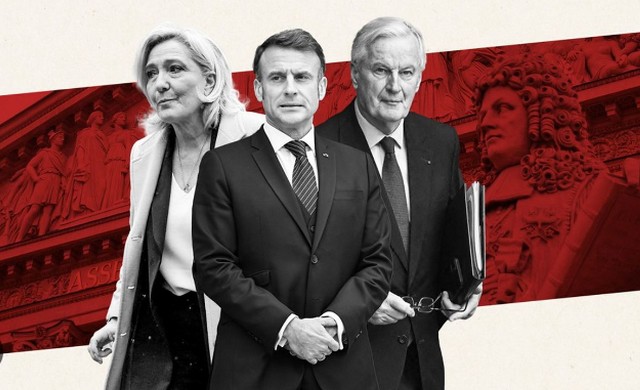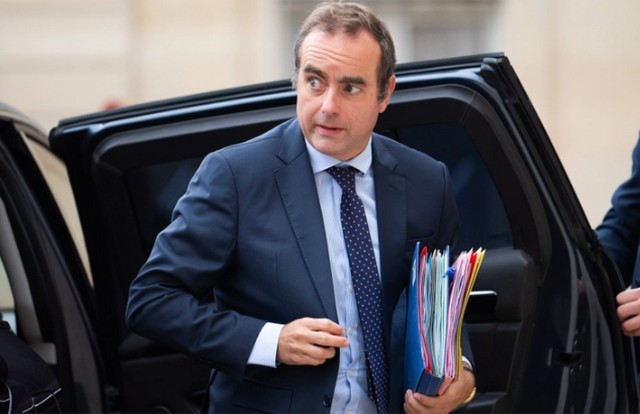Since 2017, and exponentially since 2022, France has been experiencing a period of unprecedented political instability under the Fifth Republic. The erosion of traditional parliamentary majorities and the centralization of power around the presidential figure have created a climate of chronic institutional and social tension, particularly palpable under the successive governments of Emmanuel Macron.
The parliamentary divide and the elusive majority
The most critical shift occurred during the 2022 legislative elections. Unlike during his first term, the presidential bloc found itself in a relative majority in the National Assembly.
 Deprived of unconditional support, the government was forced to seek alliances text by text, an exercise made difficult by the growing polarization of the National Assembly (a weakened center facing strengthened extremes, notably the National Rally and La France Insoumise).
Deprived of unconditional support, the government was forced to seek alliances text by text, an exercise made difficult by the growing polarization of the National Assembly (a weakened center facing strengthened extremes, notably the National Rally and La France Insoumise).
Instability became evident with the changes in Prime Ministers (Élisabeth Borne, Gabriel Attal, and the difficulties encountered by more recent governments, such as those of Barnier and Bayrou in 2024 or Lecornu in 2025).
These rapid reshuffles and the inability to form stable coalitions are seen as a sign of a deep institutional impasse.
 Exacerbated Use of Article 49.3
Exacerbated Use of Article 49.3
Faced with the impossibility of securing a sufficient majority, the executive branch has made extensive use of Article 49, paragraph 3, of the Constitution.
This mechanism allows the government to pass a bill without a parliamentary vote, unless a motion of censure is adopted by the opposition.
 The repeated use of Article 49.3 (particularly for pension reform, and then for successive budgets) has made it possible to circumvent parliamentary deadlock, but at a high democratic cost.
The repeated use of Article 49.3 (particularly for pension reform, and then for successive budgets) has made it possible to circumvent parliamentary deadlock, but at a high democratic cost.
This practice, perceived by the opposition and part of public opinion as a denial of parliamentary democracy, has fueled social movements (such as the Yellow Vest crisis or the protests against pension reform) and increased distrust of institutions.
Government instability has concrete repercussions
Structural reforms are becoming complex to implement.
 The fragility of the executive branch makes budgetary decisions and legislative projects vulnerable to motions of censure, delaying decision-making.
The fragility of the executive branch makes budgetary decisions and legislative projects vulnerable to motions of censure, delaying decision-making.
On the international stage, this internal turbulence undermines France’s credibility and leadership within the European Union.
European partners, particularly Germany, perceive France as unpredictable, which reduces its ability to influence major EU negotiations.
The concentration of power at the Élysée Palace, typical of the Fifth Republic, is all the more criticized because it is accompanied by an absent parliamentary majority.
Many commentators and constitutionalists are questioning the fatigue of the institutional model and are calling for a revision of practices, or even the establishment of a Sixth Republic.